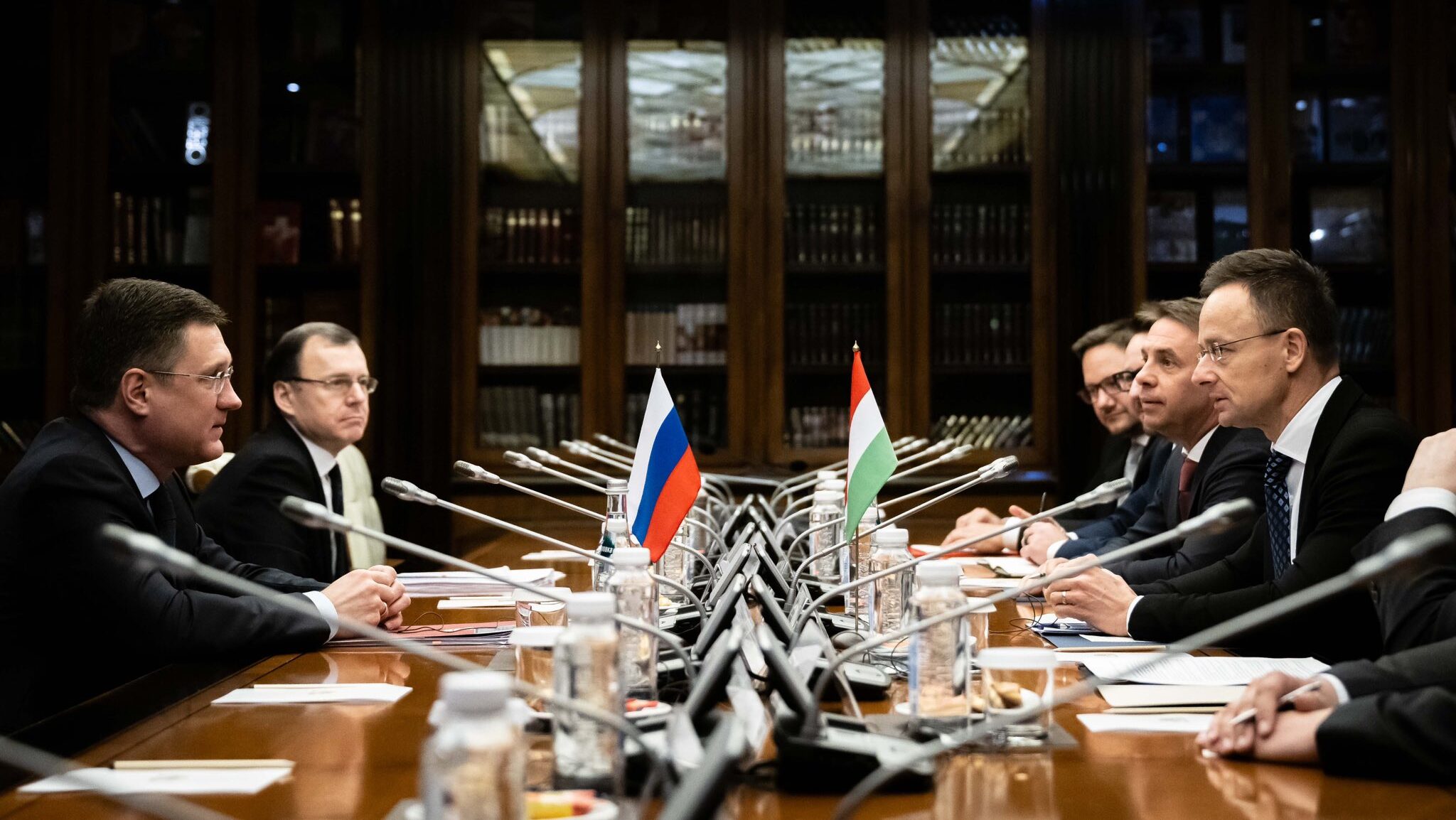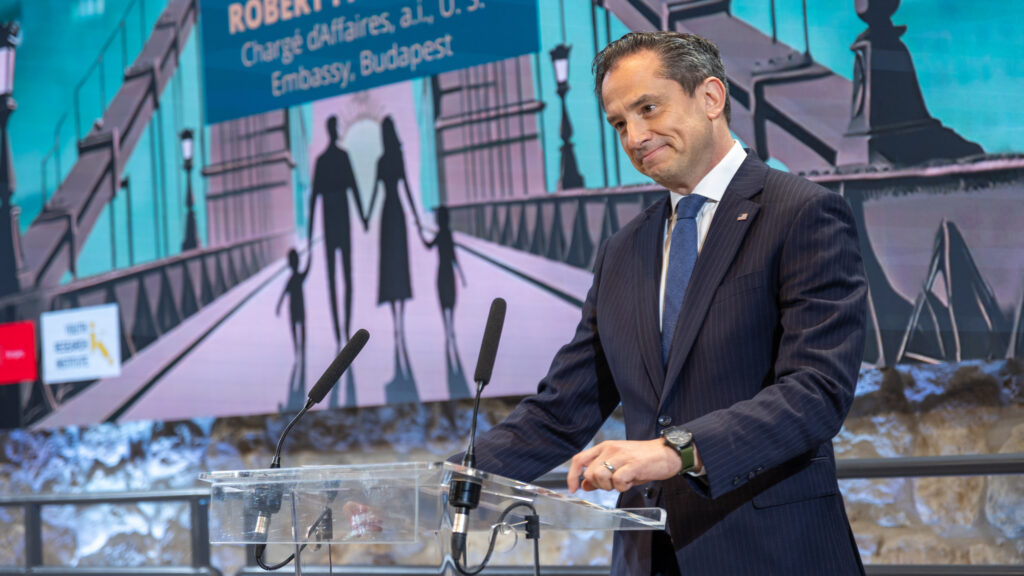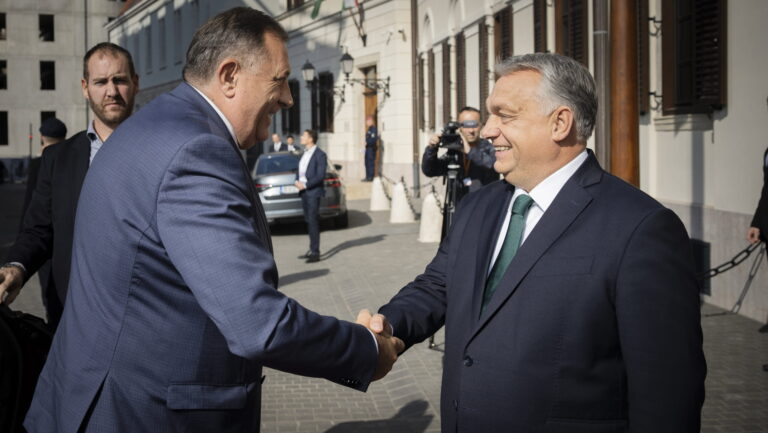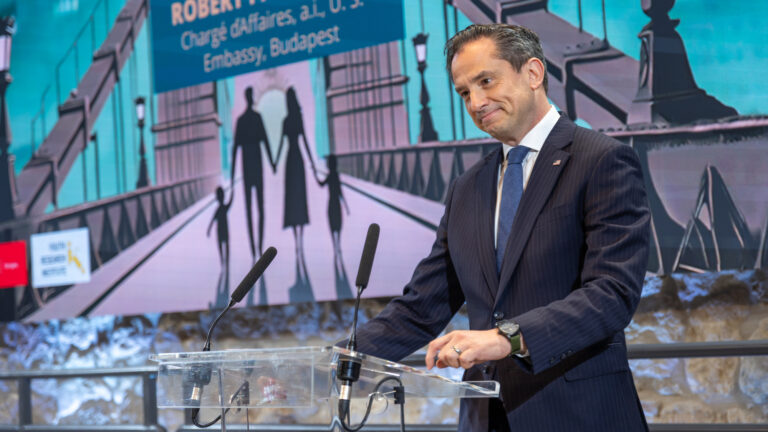Ukraine and Russia, with the mediation of the United States, reached agreements on Tuesday regarding a maritime ceasefire in the Black Sea and a halt to attacks on each other’s energy infrastructure. The significance of such an agreement requires little explanation. However, if implemented correctly, it could also have a notable impact on Hungary, particularly with regard to the country’s energy security and supply.
After welcoming the ceasefire, Minister of Foreign Affairs and Trade Péter Szijjártó travelled to Moscow, where he met with Russian Deputy Prime Minister Alexander Novak to discuss energy-related matters. Following the meeting, Szijjártó stated that the current agreement comprises a five-point list of infrastructure against which attacks are currently suspended. Among the listed items are the oil and gas pipelines linking Russia to Hungary.
‘The ban on attacks on energy infrastructure linked to Hungary has been lifted, thus the threat to Hungary's energy security has also been significantly reduced,’ he emphasized. Szijjártó added:
‘We hope that this is only a partial result and that the peace negotiations will be successful. In any case, today I have seen that Russia is also interested in the success of these negotiations, so there is more hope than ever that a lasting, long-term sustainable ceasefire and peace agreement can be reached here.’
Since the outbreak of the war, both sides have repeatedly targeted each other’s energy infrastructure. According to recent reports, Ukrainian drones struck the Russian section of the TurkStream gas pipeline as recently as early March. TurkStream runs from Russia to Türkiye, and then across the Balkans to Hungary, which receives the bulk of its gas imports via this route. With an annual capacity of 31.5 billion cubic metres, the pipeline crosses the Black Sea and delivers 7–8 billion cubic metres of gas per year to Hungary. This makes it a cornerstone of Hungary’s energy security—especially now, as the transit of Russian gas through Ukraine is halted from 1 January, leaving TurkStream as the only remaining channel for Russian gas deliveries to Hungary.
Earlier this year Hungarian Prime Minister Viktor Orbán and Péter Szijjártó travelled to Serbia, where they discussed TurkStream among other topics with Serbian President Aleksandar Vučić. ‘Hungary and Serbia have reinforced their strategic cooperation in energy,’ Szijjártó said following the talks. ‘Both countries aim to secure supplies at competitive prices while preserving the achievements of Hungary’s reduced energy tariffs.’
Szijjártó also stressed after Wednesday’s meeting with Novak that an agreement had been reached to further strengthen Hungarian–Russian energy cooperation. Last year record volumes of natural gas were delivered to Hungary from Russia, and this year the daily volume remains above 20 million cubic metres. He also noted that oil imports have already exceeded 1.25 million tonnes in 2025.
Now, following the energy ceasefire agreed between Ukraine and Russia, the threat to Hungary’s energy security could be alleviated—at least for 30 days. However, according to the Russian Defence Ministry, Kyiv has already violated the agreement.
Russia’s military claimed that Ukrainian drone strikes over the past 24 hours caused power outages for thousands of residents in the border regions of Kursk and Bryansk. It also reported that additional drones were intercepted while attempting to strike an underground gas storage facility off the coast of annexed Crimea.
‘The Kyiv regime is doing everything to disrupt the Russian–American agreements’
‘By continuing to damage Russia’s civilian energy infrastructure, the Kyiv regime is doing everything to disrupt the Russian–American agreements on step-by-step measures to resolve the Ukrainian conflict,’ the ministry stated.
In a Tuesday night address Ukrainian President Volodymyr Zelenskyy confirmed that Ukraine had agreed with US negotiators ‘that a ceasefire for energy infrastructure can start today.’ However, he warned that any strikes by Moscow on Ukraine’s energy facilities would provoke a ‘strong retaliation’. According to Kyiv’s estimates, Russia has targeted Ukraine’s energy infrastructure eight times since 18 March, when Russian President Vladimir Putin first claimed to have halted such attacks, following a phone call with US President Donald Trump.
Related articles:








